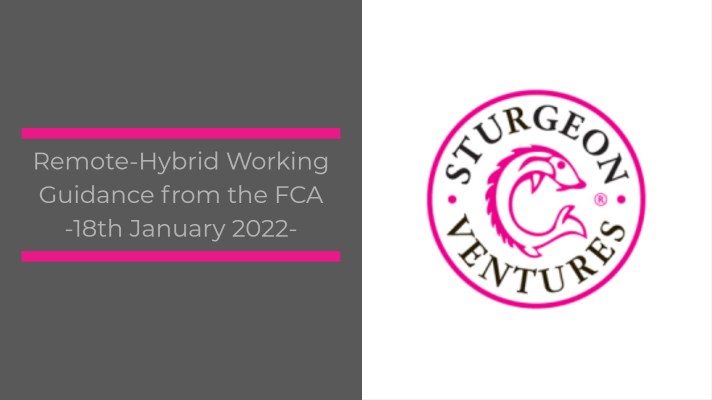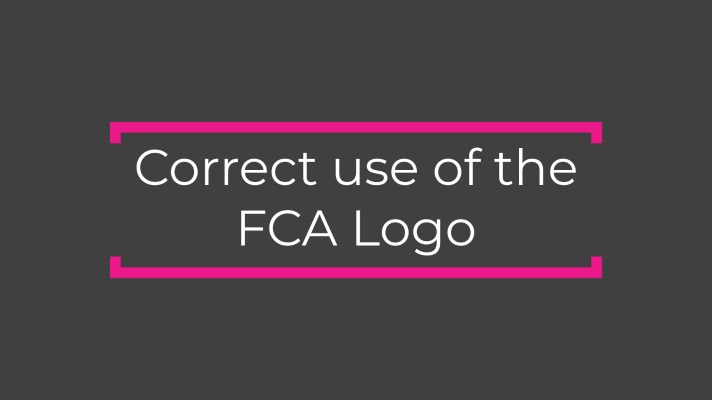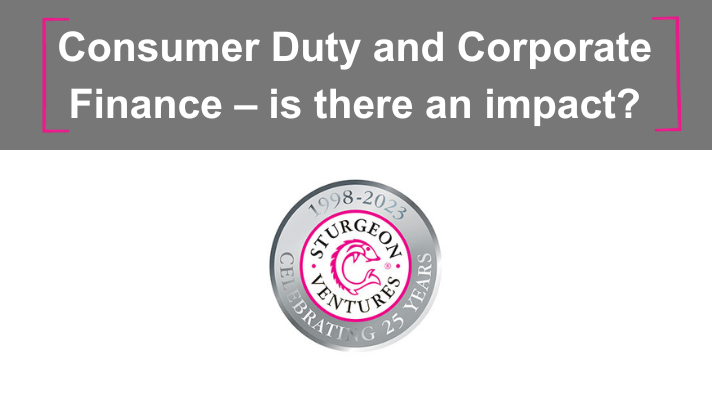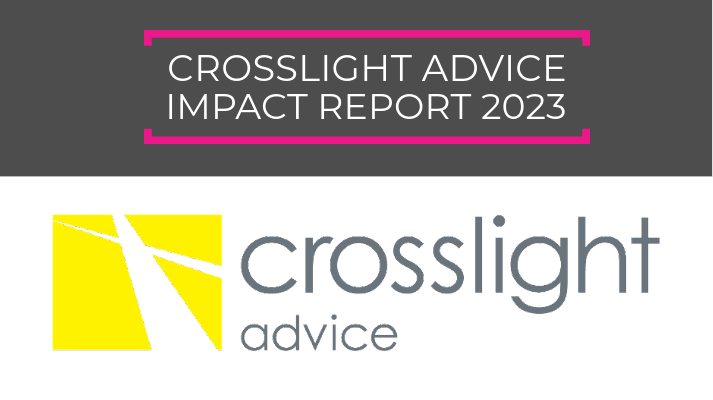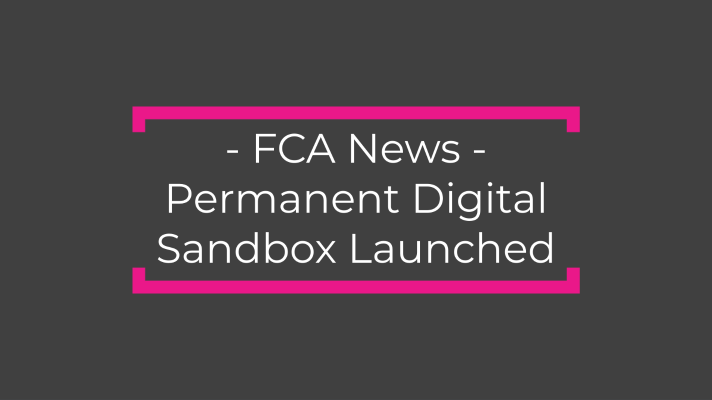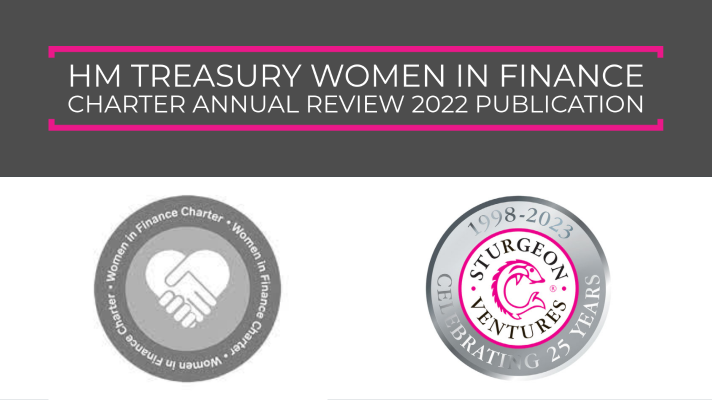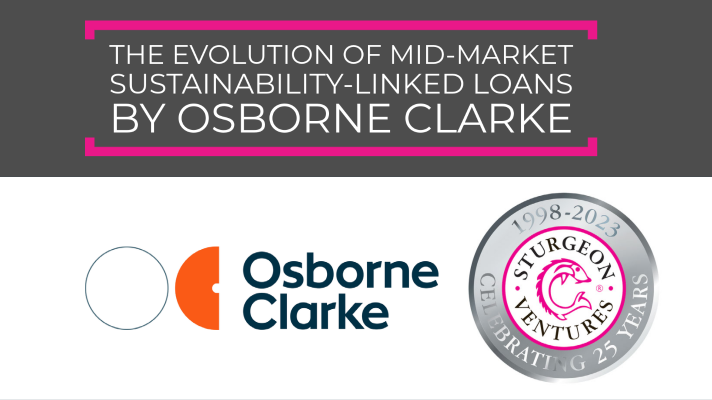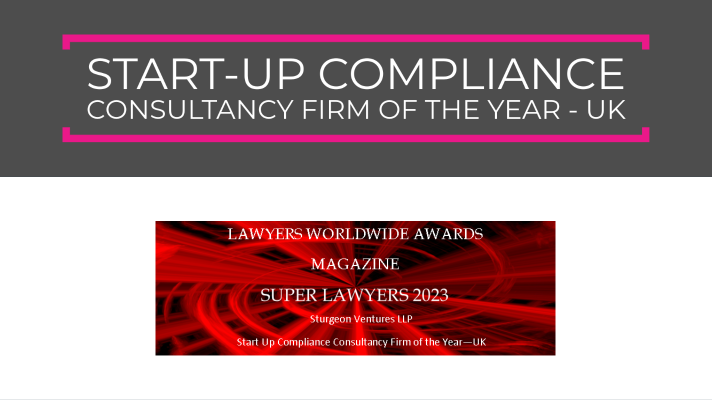Remote-Hybrid Working Guidance from the FCA
For information – https://www.fca.org.uk/firms/remote-hybrid-working-expectations
The FCA Released its Guidance for Remote-Hybrid Working Expectations in October 2021 and updated it again on 18th January 2022.
It is important to note, that if a Firm is working from a number of homes and no longer at an office, that the details on the Financial Services (FS) Register are in line with what is really going on. Is that the address where papers sent to you by the FCA or any other regulatory body are going to land in the hands of the Senior Manager than can deal with it within 5 business days? If not, a Firm should consider changing those details on the FS Register.
Does the FCA know that you are not planning to go back into a full-time office, and you are going to either be fully remote or hybrid? If there is a change you need to notify the FCA under Principal 11 so they are aware.
If you are a Firm in the UK from overseas, you do need a permanent establishment, not working out of someone’s home.
If you are working from home, do you have the permission of others in the house, and do you have appropriate systems management and controls in place?
What existing firms should be planning for now
The Financial Conduct Authority (FCA in UK) will evaluate firms considering remote or hybrid working on a case-by-case basis. Your firm should consider the following.
How firms operate their business
Firms should be able to prove that the lack of a centralised location or remote working does not or is unlikely to:
- affect the firm’s location in the UK, or its ability to meet and continue to meet the threshold conditions for the regulated activities it has or will have permission for – or any equivalent requirements, where these do not apply
- prevent the FCA receiving information about a firm · reduce the accuracy of the Financial Services (FS) Register for others if, for example, consumers are not able to contact the firm at it’s principal place of business shown on the FS Register
- affect the firm’s ability to oversee its functions including any outsourced functions
- cause detriment to consumers
- damage market integrity
- increase the risk of financial crime
- reduce competition.
A firm must also prove it has satisfactory planning, as follows:
- The firm has a plan in place. The firm has reviewed The Financial Conduct Authority (FCA in UK) guidance before making any temporary arrangements permanent. The firm reviews it periodically to identify new risks.
- The firm’s senior managers have appropriate governance and oversight under the Senior Managers regime, and through committees such as the Board, and by non-executive directors where applicable. This governance is capable of being maintained.
- The firm can cascade policies and procedures to reduce any potential for financial crime arising from its working arrangements.
- The firm can put in place an appropriate culture and maintain it in a remote working environment.
- Control functions such as risk, compliance and internal audit can carry out their functions unaffected, such as when listening to client calls or reviewing files.
- The nature, scale and complexity of the firm’s activities, or legislation, does not require the presence of an office location.
- The firm has the systems and controls, including the necessary IT functionality, to support the above factors being in place, and these systems are robust.
- The firm has considered any data, cyber and security risks, particularly as staff may need to transport confidential material and laptops more frequently in a hybrid arrangement.
- The firm has appropriate record-keeping procedures in place.
- The firm can meet and continue to meet any specific regulatory requirements, such as call recordings, order and trade surveillance, and consumers being able to access services.
- The firm has considered the effect on staff, including The Financial Conduct Authority (FCA in UK)llbeing, training and diversity and inclusion matters.
- If any staff will be working from abroad, the firm has considered the operational and legal risks.
The above is an indicative and non-exhaustive list. It’s important that any form of remote or hybrid working you adopt should not risk or compromise the firm’s ability to follow all rules, regulatory standards and obligations, or lead to a failure to meet them.
Firms’ engagement with the FCA
Firms should consider if their details on the FS Register need updating. For example, if your firm intends to use a private residential address as its principal place of business, it should consider the effect on any individuals – including those living at the property who aren’t employees – and get the necessary approvals.
The Financial Conduct Authority (FCA in UK) should be able to access firms’ sites, records and employees. It’s important that firms are prepared and take responsibility to ensure employees understand that the FCA has poThe Financial Conduct Authority (FCA in UK)rs to visit any location where work is performed, business is carried out and employees are based (including residential addresses) for any regulatory purposes. This includes supervisory and enforcement visits.
Notifying us of changes to your working arrangement
Any material changes to how your firm intends to operate may require you to notify us first. Under Principle 11 of the FCA’s Principles for Businesses, firms must deal with the FCA in an open and cooperative way and to disclose to us anything relating to the firm which The Financial Conduct Authority (FCA in UK) would reasonably expect notice of. SUP 15.3 sets out additional rules and guidance about when the FCA would expect notice of matters relating to a firm. You should continue to monitor any changes and speak to your usual supervisory contact with any questions.
If you are applying to be authorised or registered
Regarding all the regulated activities for which firms have or will have permission, they need to continue to meet the threshold conditions in Schedule 6 Part 1B of FSMA (or equivalent requirements, where these do not apply). See guidance on the threshold conditions in the COND sourcebook.
While the information The Financial Conduct Authority (FCA in UK) require from firms hasn’t changed, it’s important that your application covers the following specific details (if applicable):
- The arrangements your firm will have for remote working, including presence in any other jurisdictions.
- That you’ve considered the legal implications for your business of this type of arrangement.
- How key functions will be performed and overseen, and where they will be based.
- The location of senior managers and their plans to oversee the firm’s activities.
- Confirmation that your processes and procedures reflect the arrangements.
- The period the arrangements are expected to last (if not permanent).
- The arrangements your firm will make for consumer access. For example, how will you ensure that consumers without access to electronic communications can communicate with your firm?
- How your firm will address complex consumer needs. This could include ensuring you have access to appropriate locations to hold face-to-face meetings.
- The arrangements for customer authentication and vulnerability assessments.
- Business continuity plans, including when using home networks.
- How your firm will manage the risk of information becoming out of date; for example, staff moving house.
- Where and how any FCA supervisory or enforcement visits would be done and how this is documented in your processes.
- Systems and controls, including:
- to what extent will the business digitise?
- the ability to access records/systems
- if your firm relies on physical documents, what arrangements have been made for their security and access
- where files and paperwork will be located
- systems being used – are they recognisable and protected appropriately against cybercrime?
- How your firm intends to inform staff that FCA visits could take place in their homes?
- Plans for compliance reviews to ensure the dispersed working model is functioning properly.
The above is an indicative and non-exhaustive list as the information The Financial Conduct Authority (FCA in UK) need, will depend on your business model and how your firm intends to operate.
Sturgeon Ventures has been operating a hybrid model for 23 years and can offer guidance and hot tips. If you have any interest in Sturgeon’s consultancy services or require assistance with hybrid home working, please email hello@sturgeonventures.com.
This is for information purposes only.


